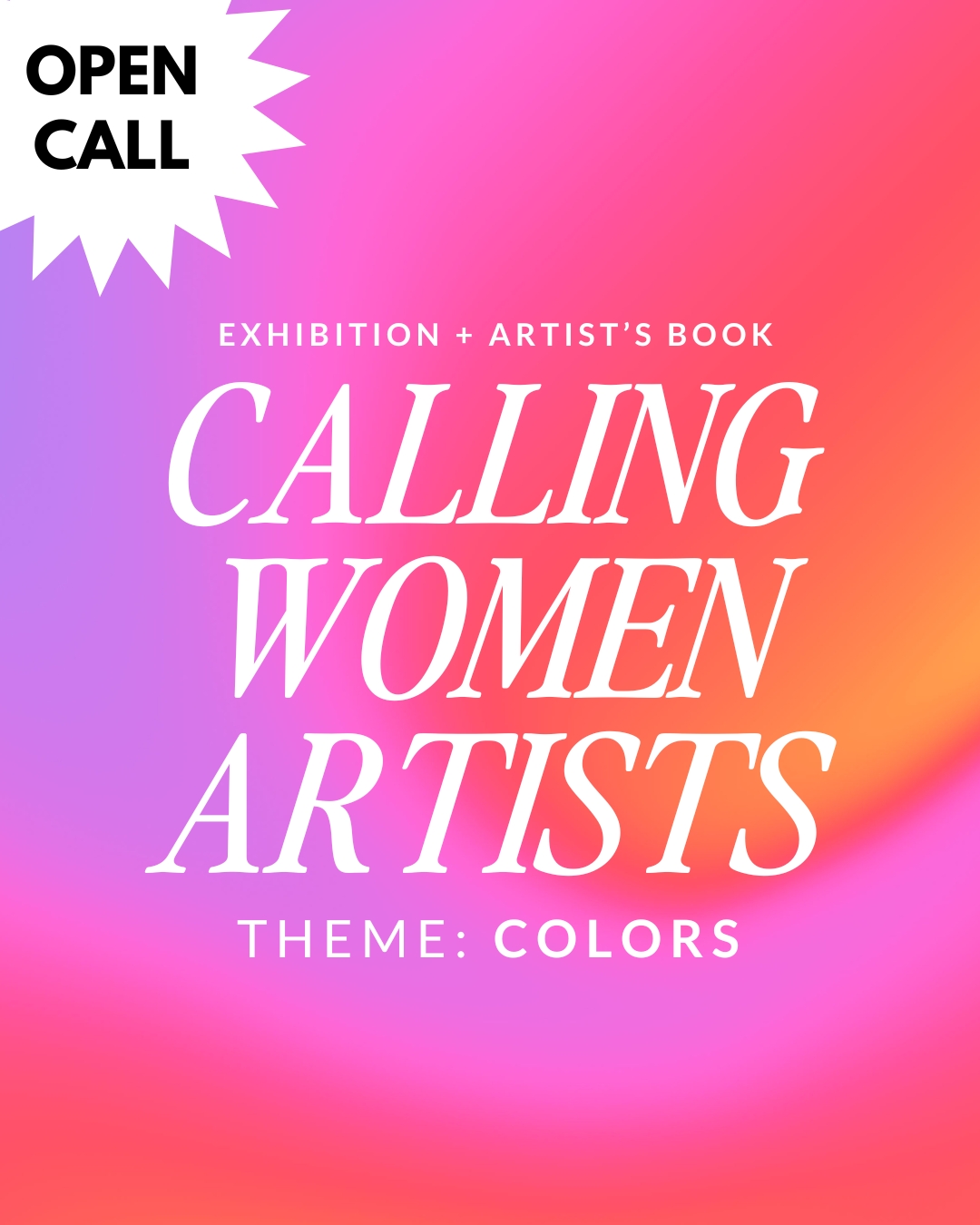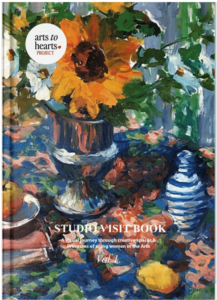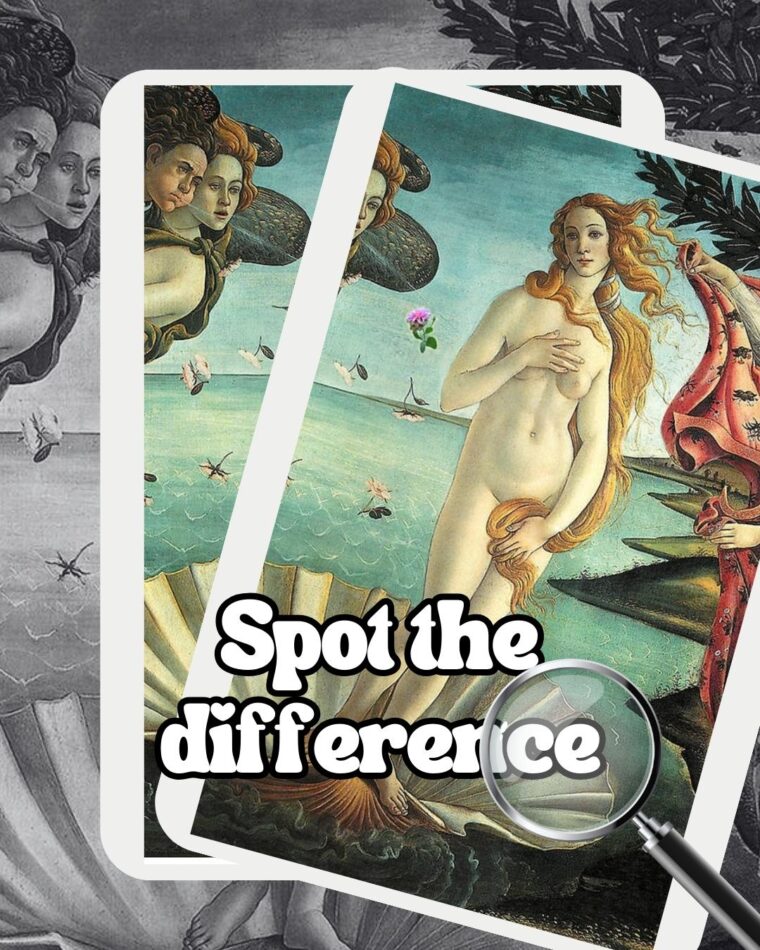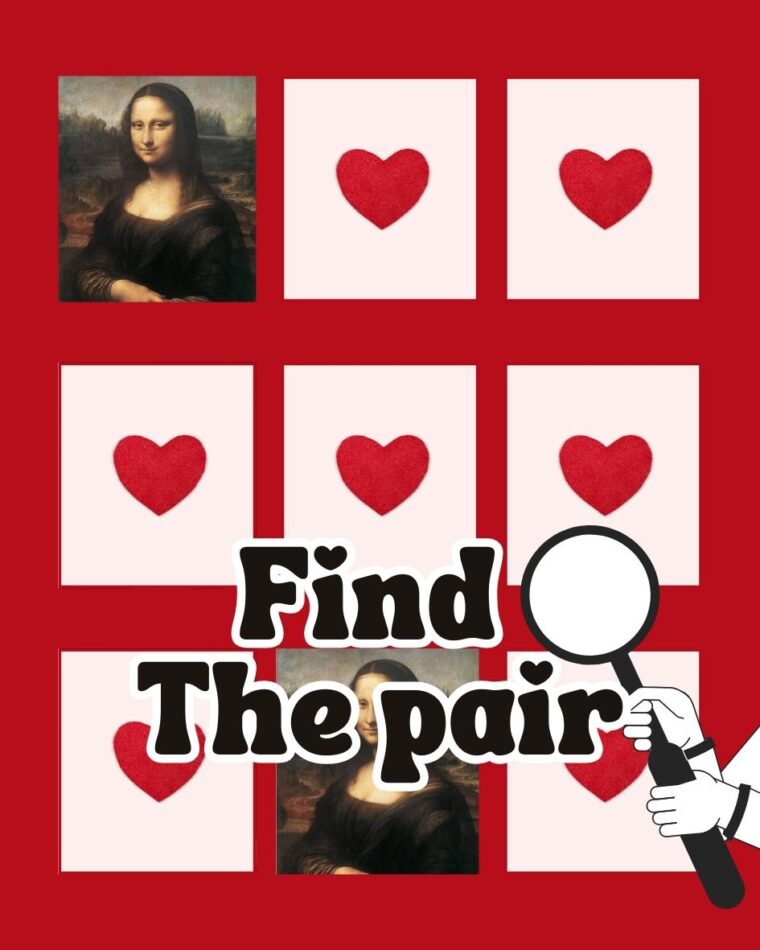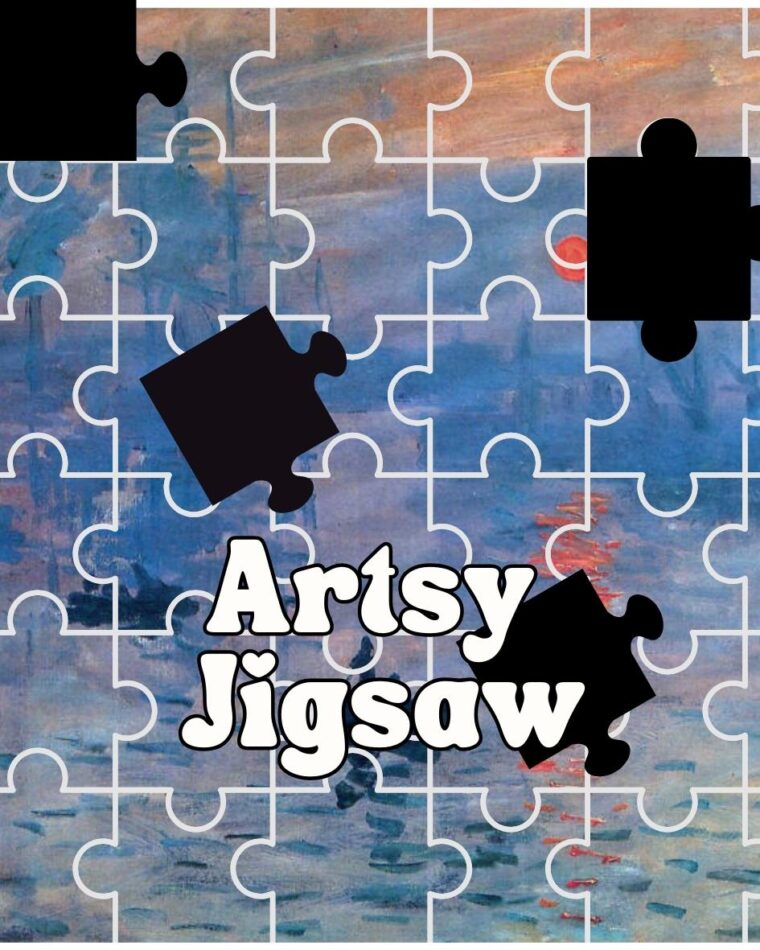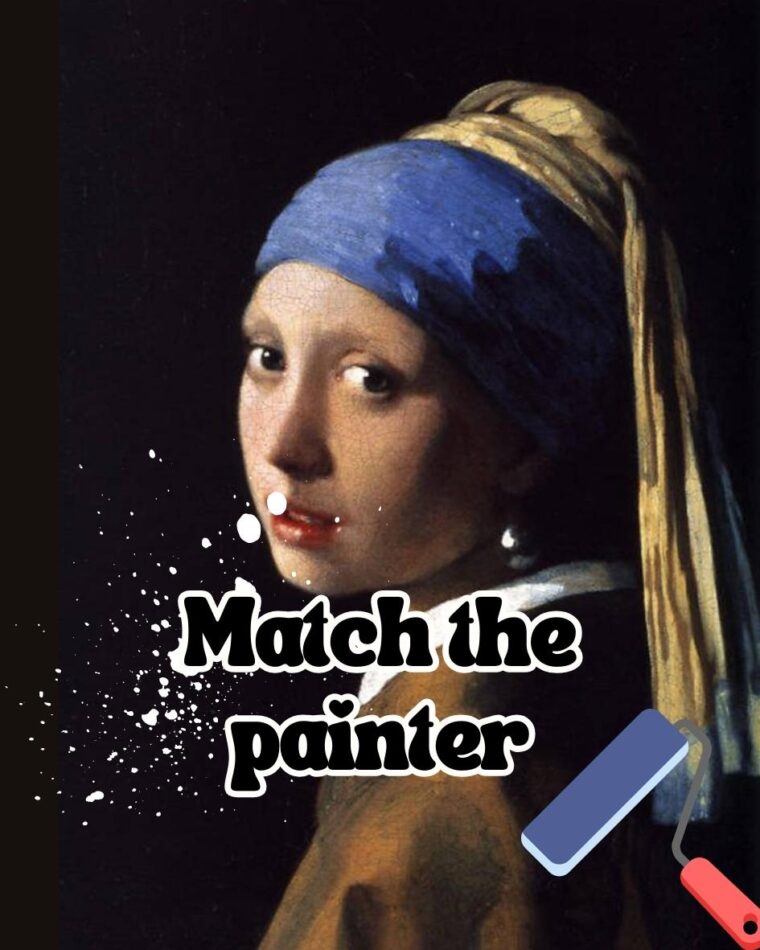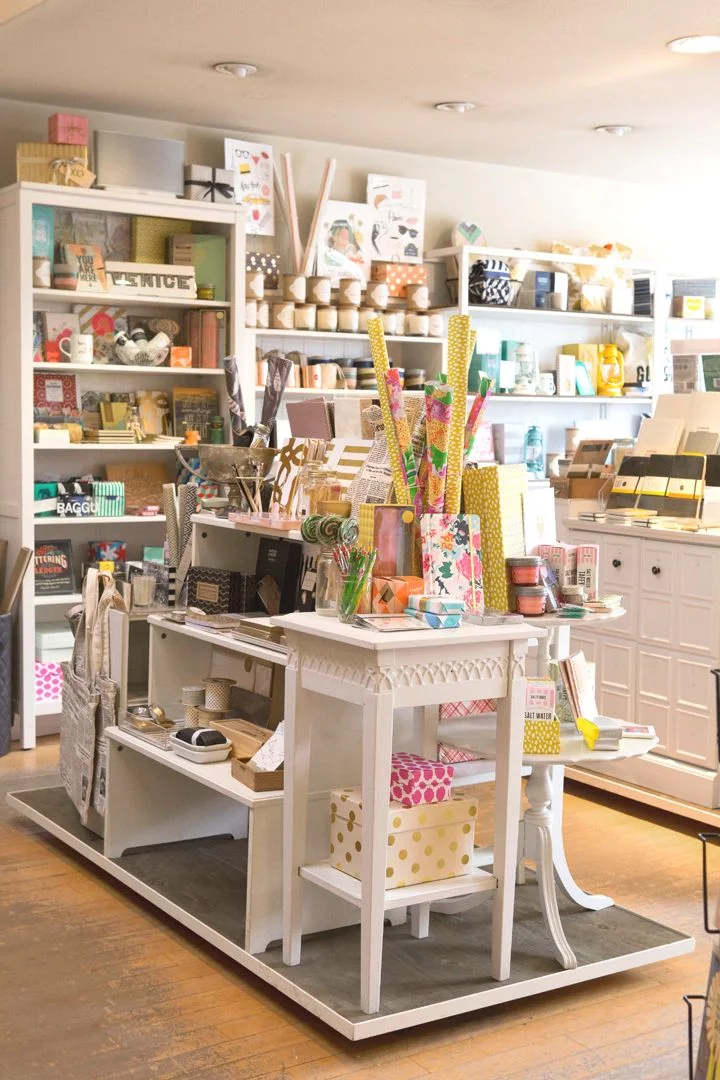
Overcoming moments of self Doubt w/ The Jealous Curator


In this episode, Charuka Arora chats with Danielle Krysa, the artist and curator behind the Jealous Curator. They discuss Danielle’s creative journey, her recent collaboration with the jewelry project, and the importance of being inspired by the work of others. Danielle shares her experience of sorting and creating jewelry out of found objects, and how she incorporates the Jealous Curator website into her creative process. Finally, they talk about how both of them are works in progress, and how they find the creative journey exciting but also scary at times.
Topics covered in this podcast
- 05:25 Danielle Krysa talks about “The Jealous Curator”
- 10:21 The Impact of Grief on Creativity: A Conversation with Danielle Krysa
- 15:32 Art for Your Ear is Coming Back
- 20:37 Charuka arora and Danielle discuss imposter syndrome and the challenges of being an artist.
- 28:57 Danielle Krysa on Art, Life, and What’s Next
- 33:06 The Importance of Honoring Your Creativity
- 42:28 The Impact of Grief on Artistic Expression
- 01:07:48 The Importance of Putting Yourself First in Your Art Career
- 01:09:47 Danielle Krysa on Finding a Balance Between Art and Life
- 01:11:03 The Success of Jealous Curator
About Danielle Krysa
Danielle Krysa has a BFA in Visual Arts from the University of Victoria and a post-grad in design from Sherian College. She began her career as a painter, but her love for graphic design quickly changed her interest from painting to mixed media – specifically collages filled with narratives, negative space, and pop cultural references. (Danielle Krysa is also the writer behind the contemporary art site, The Jealous Curator, and the author of Creative Block, Collage and Your Inner Critic Is A Big Jerk.) Danielle lives and works in British Columbia, Canada.
Watch & Listen to this podcast Episode
Key Highlights from the Episode
In this podcast episode, Danielle Krysa shares her journey of overcoming self-doubt and finding the passion for creating. She talks about how her experience of grief and loss has impacted her creative practice and how she used her artist’s superpower to turn her pain into something beautiful.
Q. Charuka: You’ve also recently taken a good break, and many of us have been messaging you about missing you. And I remember always asking you, “When are you coming back?” and you were like, “Um, I will, I will,” so I just wanted to ask you, and you’ve also spoken about this on Andy J’s, so can you talk us through what has been going on behind the scenes?” After the break, how have you been feeling about the podcast?
A: Danielle Krysa: Yeah, it’s a whole bunch of things. Um, I’ve done 227 episodes, and they’re all artist interviews. Um, I felt like you for the first few years. I was so proud of it and invested in it that I couldn’t wait to post the next episode, which came out in 2018, about two years later.
My dad died suddenly, as I know you know. That kind of pain was a shock; his death was unexpected, and I just stopped caring; I didn’t want to do anything. I was mad at him for being gone when I still needed him. I was mad at everyone who still had a dad.
I was mad that the world was still going on; how could people go out for lattes and to the movies when I didn’t have a dad?
How could I possibly record a podcast and ask people about their lives because I did not care about anybody? I was so deep in grief that I was like, “Ah, so I took a big long break, probably nine months, and then people said, “Please come back.” Please return, and I thought it was fine, as I should have known. And so I did, but I didn’t do it for me; I did it for everybody asking me to do it. And I still enjoy it. I still enjoyed every single one of those conversations.
Q. Charuka: Did you fear being the jealous curator or ever felt like you were letting things go?
A. Danielle Krysa: I had that fear up until my dad died, and then after that, like, that not caring part kicked in, and, you know, we were also surprised by my dad’s passing, and I’m sure he was too. Um, that. I had it my whole life. You know, a short thing, so I stopped worrying about it. I felt like a Jealous curator. I had enough of a foundation. I started in 2009, and I felt like I had enough of a foundation. But I also assumed I just wanted to do what I wanted. You know, like, I’ve had a few publishers suggest different books, like, “Oh, why don’t you write a book about this?” or “Why don’t you write a book about that?” and it’s like, I don’t want to, where before I would have just said okay because I was so afraid of it.”
I was excited about the opportunities. But then I was also afraid of turning things down and never being offered that again, and then I thought it was just my age, like, you know, just getting to a point where I was like, “Man, I’m good.”
I was excited about the opportunities. But then I was also afraid of turning things down and never being offered that again, and then I thought it was just my age, like, you know, just getting to a point where I was like, “Man, I’m good.” You know, and you’re just doing what I want to do, like, Really wanted to write a children’s book? That was like a dream, you know? And, um, it’s a tough market to get into. It’s competitive. There are many fantastic children’s books, but I was like, “I’ve got two now.” I just had these ideas and felt like I needed them.
And if the idea comes or the passion is there, then I’m going to do it, and if it’s not there, I’m not going to force something because I think that’s where burnout comes from, like forcing yourself to push push push push. And based on what other people think, or based on fear, or whatever it is, I feel like life’s too short to feel like that.
To make these books, and I did, you know, and I’m so proud of myself, and I don’t know if I’ll ever do another kid’s book or another adult book. Um, if an idea comes to me, I totally will, but I’m not going to push myself to be on a schedule where every two years I’m releasing something or, You know, I want to, um, kind of honour the creativity, right?
Q. Charuka: How do you think your experience has been with your work? Do you believe grief loss has impacted your practise over the years?
A. Danielle Krysa: Right after my dad died, I had a big show scheduled for June. After he died, I knew it had been scheduled for a year in Toronto, so I made the whole thing sort of subliminally, and nobody else knew. However, the entire show was inspired by him, and the work was very detailed, so it was very meditative, so I could make Mark more and more and go on autopilot. Make these swooshes and think about him, so there was a lot of crying.
There was a lot of it. It was very therapeutic, though, and it’s funny because I look at those pieces now, and I’m like, “I don’t even want to look at them.” I’m proud of them and think they’re nice, but there’s just so much pain. I’m wrapped up in them, I wouldn’t say I like looking at them, and um, I was having health issues at the same time, so I ended up right at the beginning of the story because I had a hysterectomy, and the incision was massive.
It was like a ten-inch incision across my belly, and so trying to recover from that while COVID was happening was like a mess, and so I had this grief for my dad and then the grief of the loss, like the sounds, I mean. It sounds crazy, but it felt so strange to be in the operating room, and all they took was this: they took my uterus and my fallopian tubes; they left my ovaries, but they took everything.
A place where my baby grew is where my son grew, and they just threw it in the garbage. They just took it out of my body and threw it in a medical waste bin, and I felt this enormous sense of loss all over again, as if I was grieving this part of my body and this.
There was a time in my life when I felt like I’d never be pregnant again because they’d taken the organ that would like, you know, make me, you know and um, and so I was running away from that, and I was angry and sad. I was in pain because I had this huge incision to heal from; it took about 2 years to heal fully, and I ultimately liked it, so I figured, okay, I can either stay sad and angry, or I can use my artist’s superpower. Because artists can transform terrible things into beautiful things or express themselves (you know, so many people have to pack it down), they have a way of letting it all out and expressing it in some way.
So that’s what I’m planning to do. So. That’s what the big show last March was, and it was called self-preservation because it was truly self-preservation for my brain.
Liked what you read?
Listen to this & other episodes on
